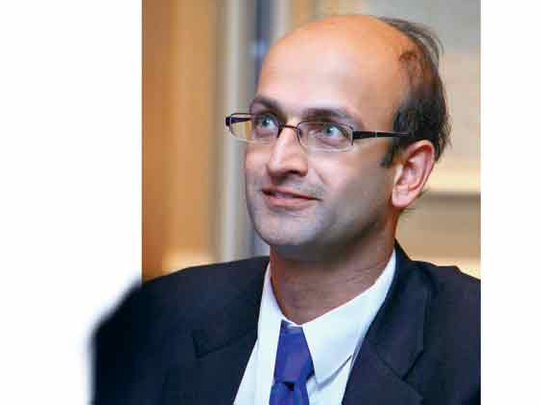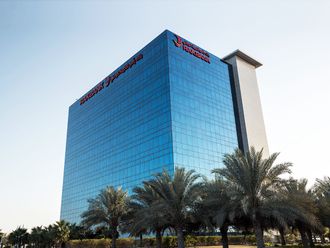
The market of airline loyalty programmes is more than 30 years old and pretty crowded with more than 200 programmes, and it is still growing year after year. These are not easy conditions if an operator still wants to be successful and stand out of the crowd. The only solution here is to be innovative.
This need becomes even more important if you keep in mind that frequent flyer programmes (FFPs) compete more and more with other loyalty programmes in the travel and financial sector. They still enjoy a natural competitive edge as air travel has a high aspirational value for many consumers — other than some merchandise rewards. That also explains certain loyalty programmes are eager to build ties with established FFPs in order to benefit from that attraction. We see this happening here in the UAE where Emirates' Skywards programme and Etihad Guest become more and more references for other loyalty programmes.
But airlines around the world do little to conserve this advantage. Real innovation in the loyalty industry takes place mostly outside of the airline industry (with some laudable exceptions, see events below).
Embracing new technologies and understanding social media as more than a playground not generating any revenue? Look at hotel programmes! Delivering transparent and fair value to customers? Banking and credit card programmes emerge as leaders. And they must be thankful for any airline following the ill-advised path of surcharges and fees on ‘free' reward travel. It is only the behaviour of the airlines themselves that has turned such partners into partial competitors.
Airlines defend themselves by claiming high fuel prices, their exposure to every local economic problem in the world and many other things. The airline business is certainly more complex than many other businesses, but their customers are less and less willing to pay the price for that. They understand that innovation is possible. And they expect their airlines to be it, too. If you travel with a family of four or if you travel on business on a long-haul flight, you easily spend a couple of thousand dollars in one go.
It's hard to understand why you can't get more in return than at any department store or supermarket, where you may spend the same amount after a couple of months or even years only, but is more advanced in loyalty techniques.
Past success is no guarantee for future success. Keeping that in mind, airlines should fly fast to become innovative again with their loyalty programmes. The technology, the know-how and the customers are there to make innovation in the loyalty sector successful. The day you are sitting on a plane prior to departure, worrying whether they will lose your luggage again as they did last time, and you receive an SMS confirming that your luggage is well loaded this time, we are one step closer to that vision.
For many customers it seems a ridiculously small step when understanding today's possibilities — but for most airline loyalty programmes, this is further away than the next flight to the moon.
— The writer is Managing Director, Global Flight, France
Events: Loyalty 2013 comes to Dubai
Reputed to be the largest annual conference for loyalty managers in the travel space, Loyalty 2012 was held in Berlin from February 27 to 29. Organised by aviation news website Flightglobal and an independent management consultancy on frequent flyer programmes, Global Flight, Loyalty 2013 will take place from February 25 to 27 in Dubai. At this year's Loyalty Innovation Awards, the fourth edition of the annual awards, initiatives at British Airways, India's Kingfisher Airlines and Virgin Australia were recognised.
British Airways topped the poll of delegates at Loyalty 2012 to take the People's Choice award for its personal recognition initiative. The programme was developed to respond to feedback from frequent flyers for greater personalisation of the customer experience and includes up to 50 individual campaigns using the latest technology. The airline boasts a 14 per cent increase in satisfaction among its gold members since rolling out the initiative.
Virgin Australia was recognised by the judges for its Velocity Frequent Flyer programme, aimed at supporting its push to target more business travellers. This includes a maternity leave initiative, where status can be deferred for a period, and family pooling under which points and status can be grouped among family members. Virgin Australia has doubled engagement levels and rate of member acquisition since thenew initiatives launched four months ago.
The judges also picked out Indian carrier Kingfisher Airlines' Feel the Force initiative. This created a fantasy Formula 1 contest within its King Club frequent flyer programme to tie in with last October's inaugural Indian Grand Prix, with the twist that extra points could be earned in the contest by taking Kingfisher flights. Winners of the virtual race could win a prize trip to the Indian Grand Prix.
Dubai will be happy to welcome the next year's winners.
— Shalini Seth/Specialist Writer












